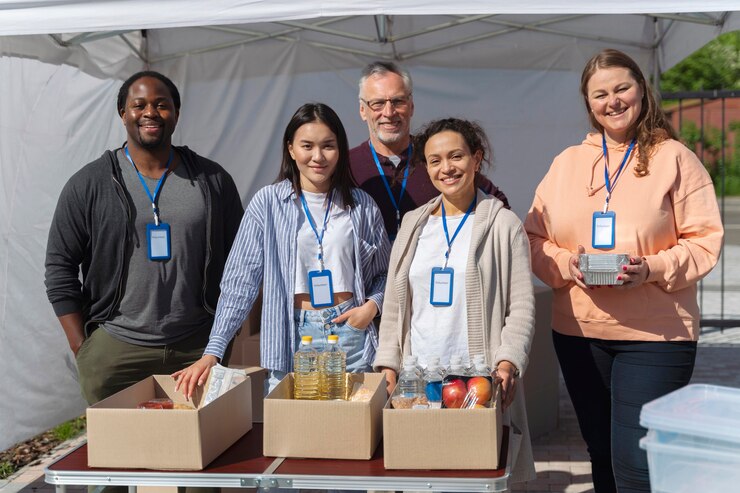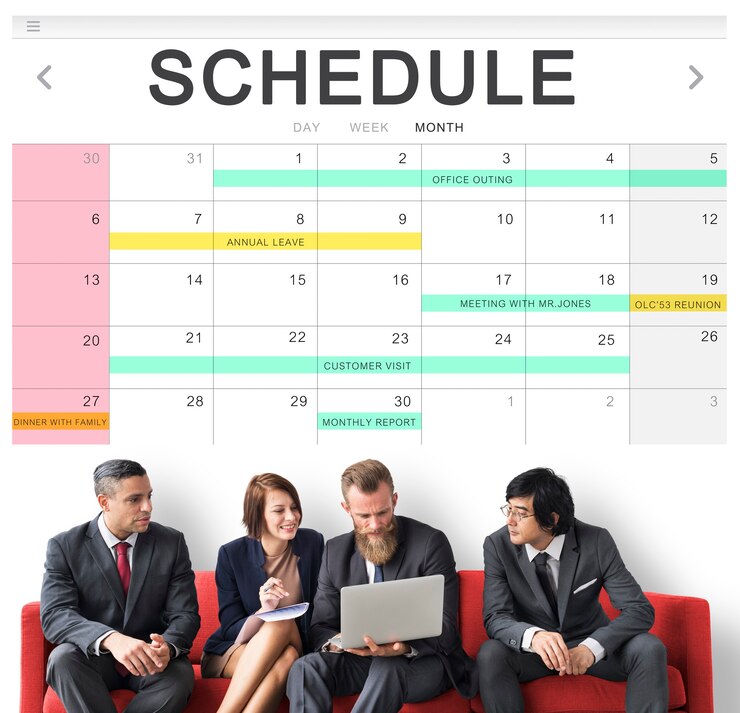ttcf grant program for NGOs and Community
ttcf grant program for NGOs and Community
Submit your Nominations for Country Director on info@aiuno.org
The term “TTCF” could refer to various grant programs, and the specific grant program or organization it relates to may change over time. However, as of my last knowledge update in January 2022, there is no widely recognized or prominent grant program known as “TTCF” that is associated with NGOs and community initiatives.
If you are looking for information about a specific grant program, I recommend the following steps:
- Clarify the Acronym: Double-check the acronym to ensure you have the correct name of the grant program. Sometimes acronyms can vary, or they may be used by multiple organizations.
- Online Search: Conduct an online search using the acronym “TTCF” along with any additional keywords related to the grant program, such as the organization’s name, mission, or focus area. This may help you find more information.
- Contact the Organization: If you have some information about the organization or grant program but are looking for specifics, try contacting the organization directly. Visit their website or look for contact information to inquire about their grant opportunities.
- Network and Inquiries: Reach out to individuals or organizations in your network, especially those in the nonprofit and grant-seeking community, to see if they have information or insights about the specific grant program you’re interested in.
- Local NGO Networks: Check with local or regional NGO networks, associations, or support organizations, as they may have information about grants and funding opportunities specific to your area.
- Grant Databases: Search on grant databases and directories that list funding opportunities for NGOs and community initiatives. These platforms often provide details about various grants.
- Official Government Sources: If the grant program is associated with a government agency, visit the official government website to find information about available grants and application processes.
- Online Forums and Communities: Participate in online forums, communities, or social media groups related to grant-seeking and nonprofit work. Others may have insights or experiences to share.
It’s important to ensure that you have accurate and up-to-date information about the specific grant program you’re interested in. By following these steps, you should be able to find the relevant grant program and access the information you need to apply for funding for your NGO or community project.
Climate solutions accelerator program
American jewish world services
Women’s peace and humanitarian fund
Business plan tools for startups
Internally displaced persons ukraine









